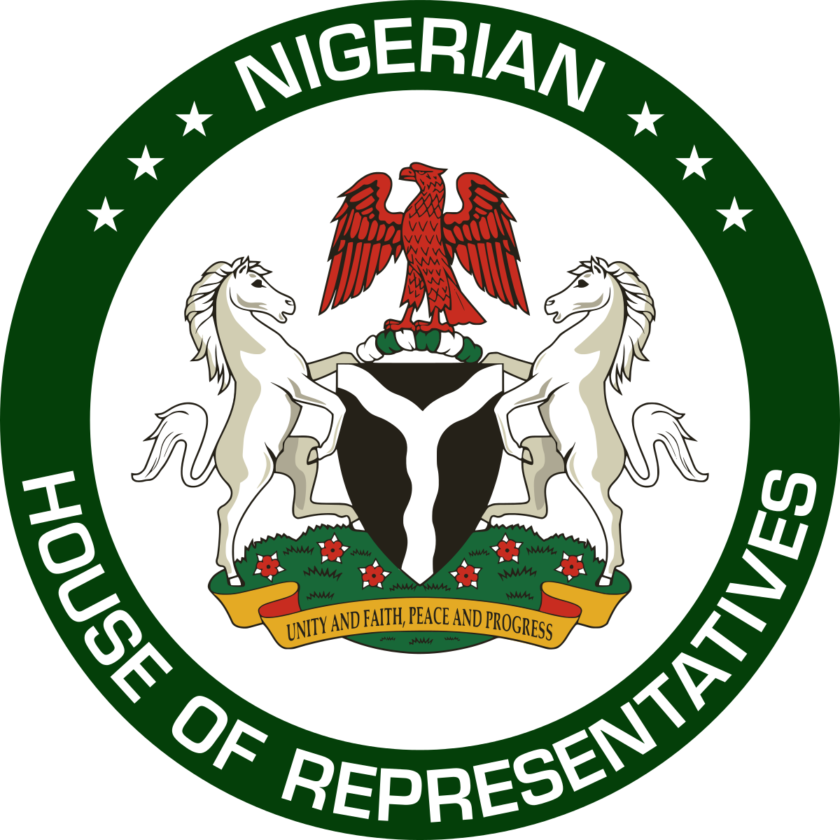In a notable legislative development, the House of Representatives decided to defer a bill that aimed at altering the minimum educational requirement for individuals aspiring to hold key political offices in Nigeria. The proposed change sought to elevate the existing prerequisite from a first school leaving certificate to a degree or its equivalent.
The decision unfolded during the plenary session on Tuesday, after the passage of a bill presented by Representative Adewunmi Onanuga. The bill, titled “A Bill for an Act to Alter the 1999 Constitution of the Federal Republic of Nigeria (as amended) to Change the Educational Qualification for Elections into Certain Political Offices and for Related Matters,” triggered a robust debate among lawmakers.
House Leader Julius Ihonvbare asserted that in a world driven by ideas and knowledge, individuals equipped with education cannot easily be intimidated. He highlighted the significance of educational qualifications in a rapidly evolving global landscape.
Support for the bill came from Representative Babajimi Benson of Lagos State, who questioned the logic of opposing education while aspiring to the highest office in the land. Benson emphasized the incongruity of discouraging formal education while simultaneously seeking the presidency in the contemporary era.
Minority Leader Kingsley Chinda endorsed the bill, expressing concerns about the declining standards of education. He argued that raising educational requirements would serve as motivation for Nigerian youth and stressed the importance of wholehearted support for this legislative effort.
However, the bill faced opposition from Representative Aliyu Madaki of Kano, who contended that leadership quality is not necessarily determined by the level of education. Madaki argued that restricting political participation based on qualifications could disenfranchise a significant portion of the population, asserting that all Nigerians should be allowed to exercise their leadership qualities.
Representative Ahmed Jaha from Borno voiced concerns about the potential negative impact of the bill on certain regions of the country. He argued that educational qualifications might not be an accurate measure of knowledge and opposed the notion of limiting political participation based on academic credentials.
Deputy Speaker Benjamin Kalu, presiding over the plenary session, reminded members of the procedural requirements for constitutional amendments. He clarified that such amendments should be presented either through bills seeking changes or through memoranda.
Following a heated debate, the bill was ultimately stepped down, marking a temporary halt to the proposed alteration of educational qualifications for political offices.




